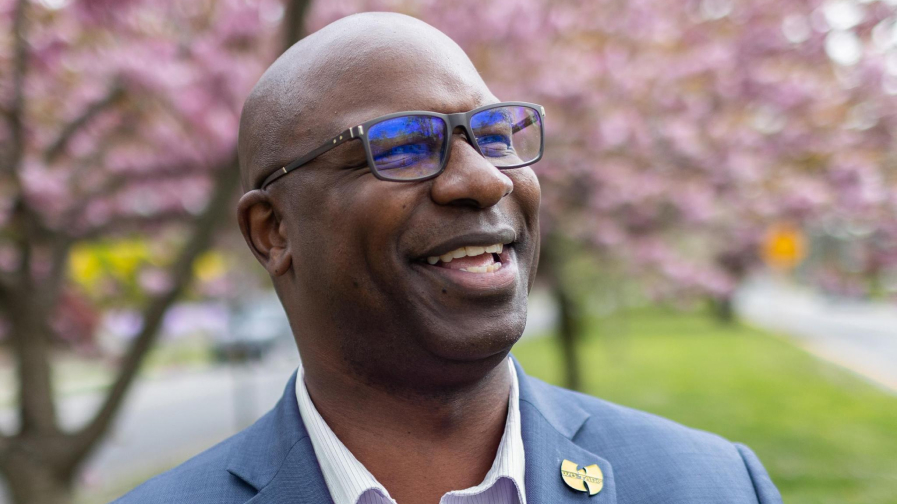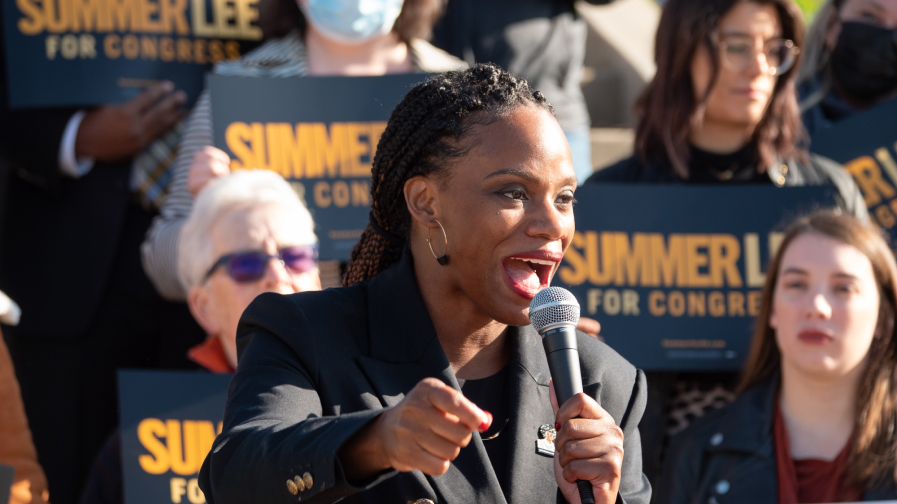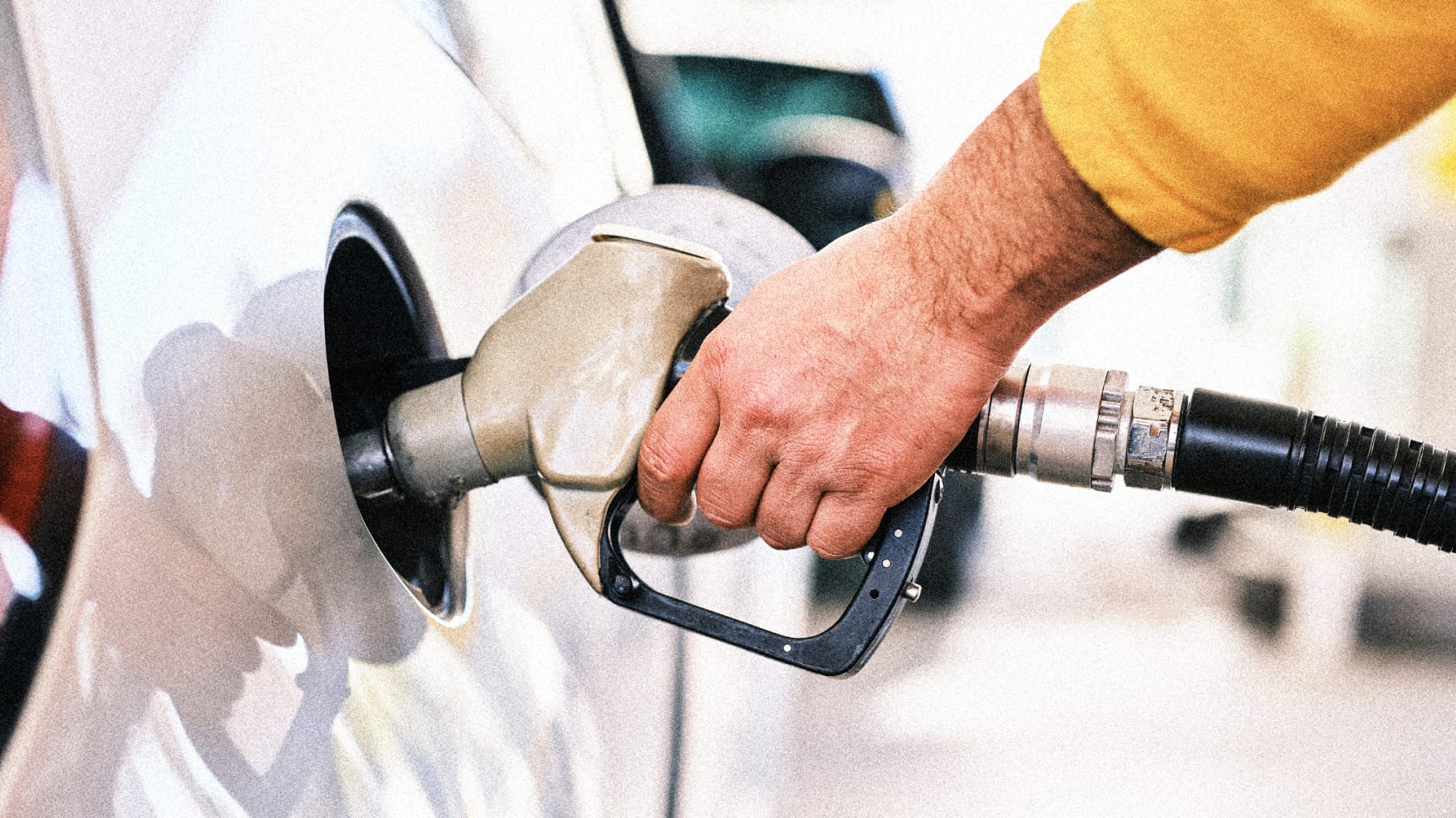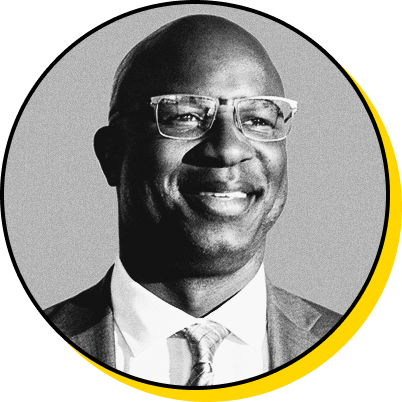DemocracyNews & Opinion
Interview by Miho Suzuki-Robinson
Since his election in 2020, Rep. Jamaal Bowman of New York’s 16th district has been a vibrant voice for progressives. As his August 23rd primary date approaches, we asked for his thoughts on crucial issues. First we learned about his new bill designed to ease the pain of inflation. We also discussed fighting climate change while people are consumed with so many other worries.
This interview has been edited for clarity and length.
The Cost Of Living Is Too High: Rep. Bowman’s Emergency Price Stabilization Act

You recently introduced the Emergency Price Stabilization Act of 2022. What led you to decide that this bill is necessary? What do you hope to achieve with this bill?
For lots of families in New York’s 16th congressional district, the cost of living is just far too high. While the prices of rent, utility bills, food, and other everyday necessities are rising, wages aren’t keeping up.
The U.S Federal Reserve is attempting to tackle inflation by raising interest rates, but this is an inequitable, insufficient approach as higher interest rates will force businesses to cut jobs, increasing the risk of recession. Inflation will always disproportionately impact low-income households and we need an evidence-based, community-focused approach to economic stabilization.
Through [the Emergency Price Stabilization Act], I hope to make vital resources more available to American families, ensure that our financial policies align with our sustainable development goals, and better engage constituents on economic policy.
As you’ve been speaking with people in your community, what are the issues they are most concerned about?
From close conversations with constituents, it feels [like] the most important issues are educational equity, community violence protection, and flooding prevention.
Along with community-level issues, voters also want to feel heard and respected by representatives. To this end, I do my best to have meaningful conversations with as many people as possible to better advocate for the distinct needs of my district.
How To Balance Climate Action With Other Pressing Concerns
In a recent New York Times/Siena College poll, only 1% of voters named climate change as the most important issue facing the country. How do you feel about the fact that climate change is not a top issue for them?
The unfortunate reality is that we are facing so many critical and pressing issues at this moment. Families are struggling to put food on the table, people are struggling to afford health care, abortion rights are under attack, and the GOP is trying to undermine our democracy.
It is understandable that so many voters rank another issue at the top of their list, but it doesn’t mean elected officials should not focus on it. We have a moral obligation to do more.
We can—and must—walk and chew gum at the same time. We need to bring down costs for families and stand up to GOP attacks on abortion rights and on our democracy, while also taking bold action to combat climate change.
How has climate change affected your community?
Extreme weather events are occurring more and more frequently in our district, and the associated flooding presents an ongoing threat to the people of NY-16.
After Hurricane Ida in September 2021, severe flooding led to massive housing damage, temporary closures of schools and local businesses, and disruptions in traffic patterns. In response, I brought the US Army Corps of Engineers to tour our district so we can work together to figure out how to best protect our district from flooding.
For years, we also saw polluted water threaten the health and safety of residents, particularly in communities with underdeveloped sewage systems. In partnership with Senator Chuck Schumer, I helped secure $3 million to hire engineers to evaluate the current system and create a thorough plan for sewage replacement in Mount Vernon, Westchester.
But still, unless we take bold, comprehensive, and necessary action against climate change and water contamination, our infrastructure will continue to fall short, particularly in under-resourced areas.
Creating The Political Will For Renewable Energy By Movement-Building
You have called for a rapid transition to 100% renewable energy by 2030. Given the lack of will and the presence of elected climate change deniers in Washington, this sounds idealistic. What makes you hopeful that this is an attainable goal?
While a rapid, safe transition to 100% renewable energy by 2030 may feel ambitious, we can make it a reality by increasing the number of climate advocates in office and making sustainability a personal priority for all community members.
It is paramount that we maximize the presence of climate-focused representatives. We can do this by organizing and mobilizing voters from historically underrepresented communities, who tend to be impacted most intimately by climate change.
The movement for climate justice is already strong, we just need to keep building it. And when I’m out in my district, talking to voters, it is clear that people care deeply about our climate and working together to find solutions.
We Need Supporters Like You To Make Winning On Climate Possible
Electing champions like Congressman Bowman will protect the progress we’ve made for a livable climate for us and future generations. We have many ways you can join us in supporting him and other allies running in the midterm elections. You can RSVP for events in your area, volunteer for our letter-writing team, texting team, or donate. Or we’d love to have you host a Get Out The Vote letter-writing party!
You can hear more from Rep. Bowman at Against All Odds, our annual benefit to protect our planet.
Fight for food we can trust, water we can drink, and air we can breathe. Not to mention, a democracy we can believe in!
Every dollar donated helps to preserve our future.









